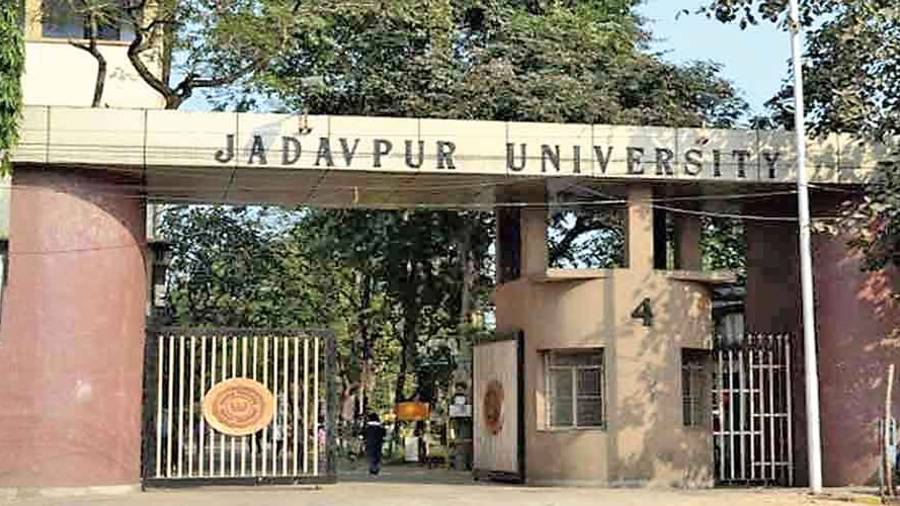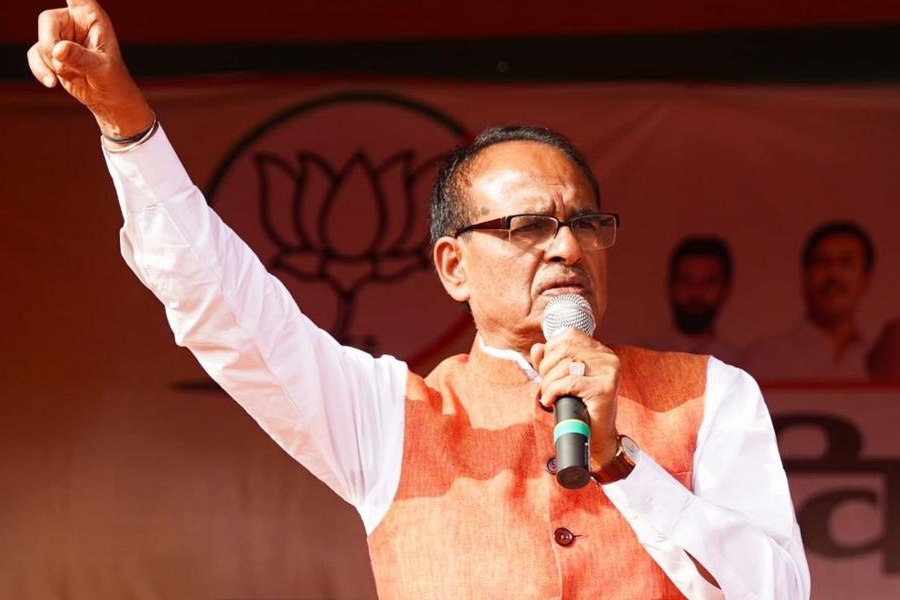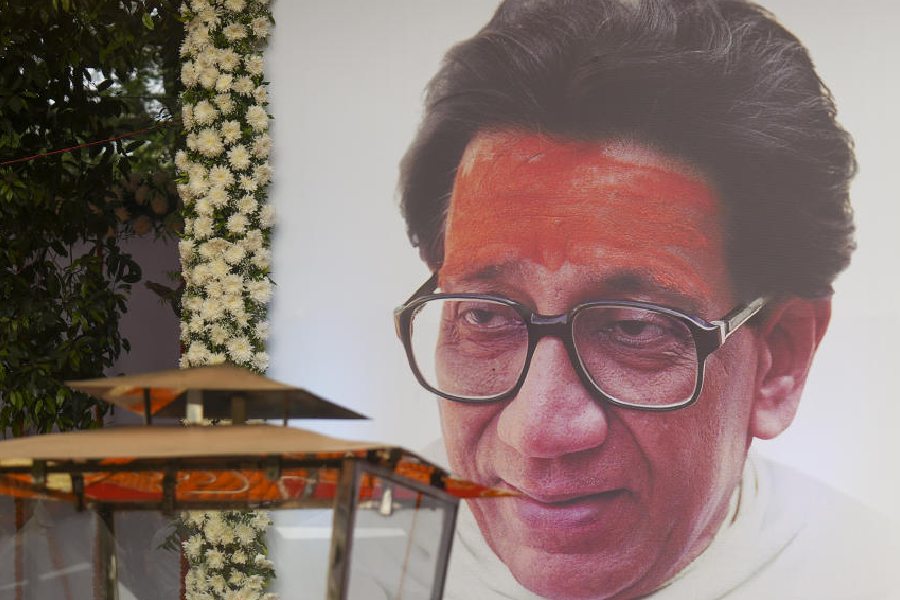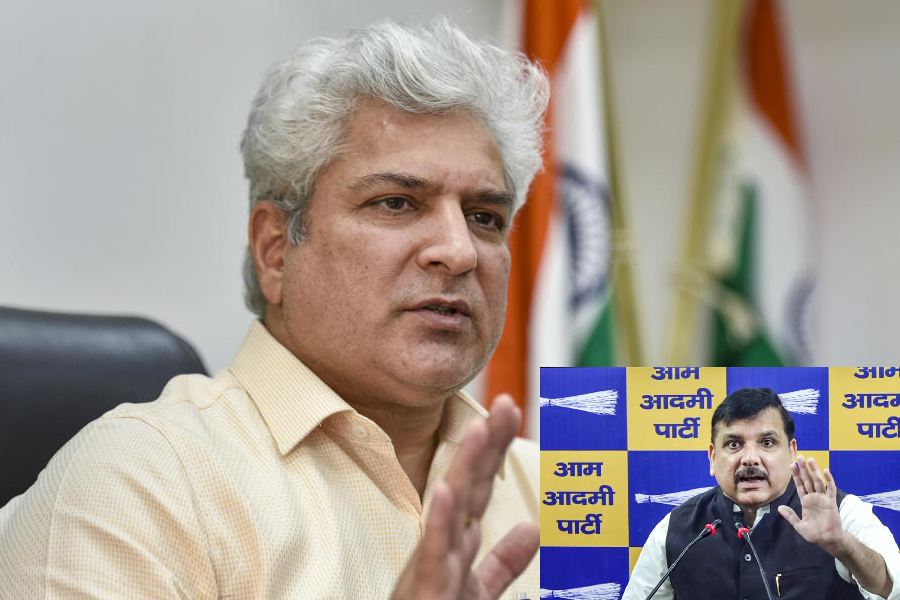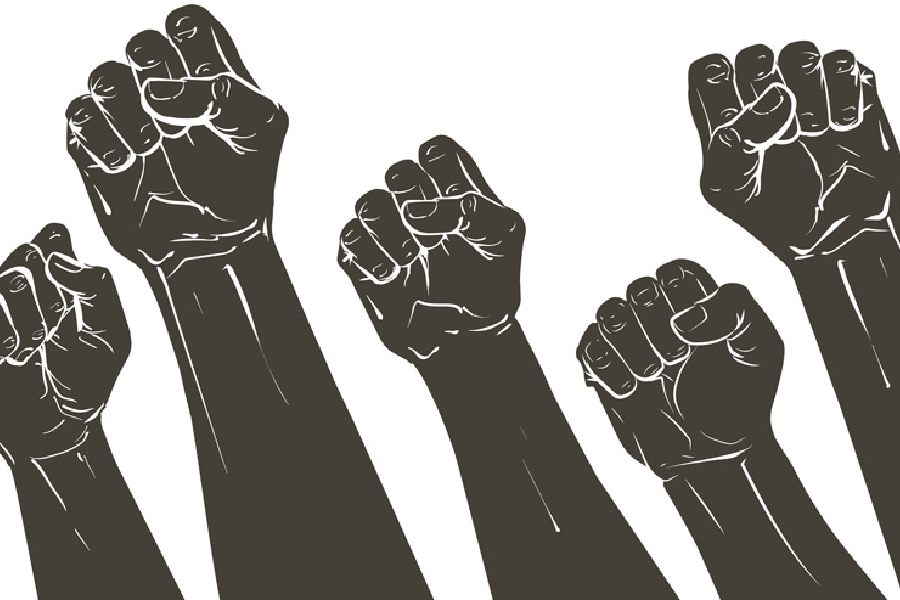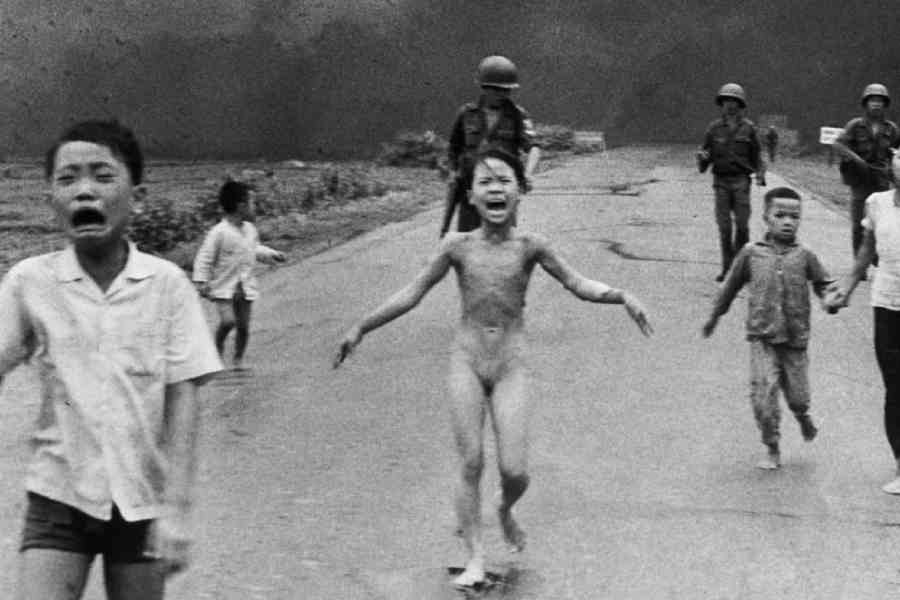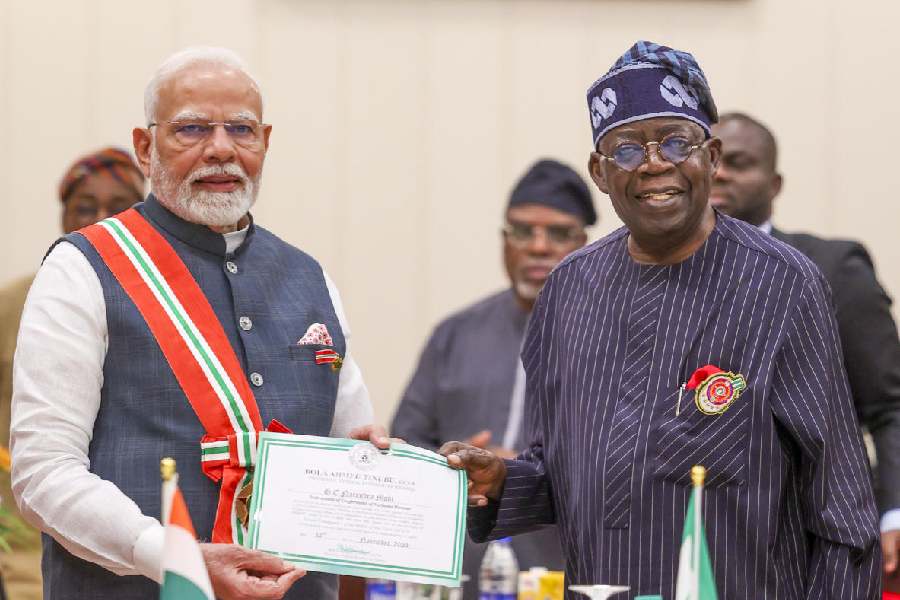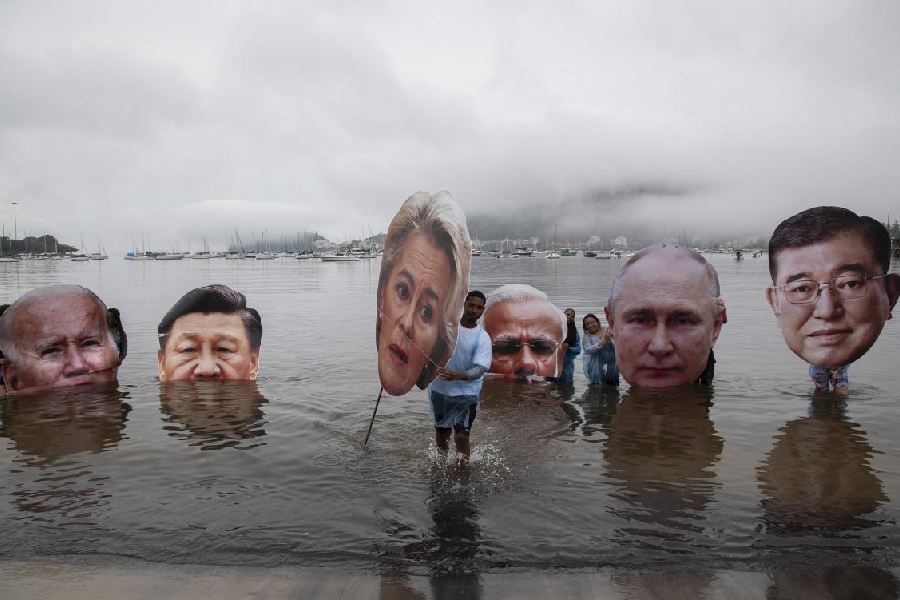Jadavpur University vice-chancellor Suranjan Das has said non-release of funds under a central scheme has put them “in a difficult situation” as they had made expenditures following an assurance from the Centre about continued fund support.
The university, according to officials, has recorded a deficit of around Rs 12 crore, following suspension of fund support.
In May 2018, JU and nine other universities from across the country were selected for receiving Rs 100 crore each under the Rastriya Uchchatara Shiksha Abhiyaan (RUSA) 2.0 scheme to pursue research and provide scholarships.
JU had received the first installment of Rs 41.67 crore (Rs 25 crore from the Centre and Rs 16.67 crore from the state) in November 2018 and utilised the amount by the end of March 2020.
The state’s grant has to follow the Centre’s.
The university is in the process of making an assessment of the shortfall, following which Das will write to the education ministry so that the excess expenditure is reimbursed.
“The non-release of the second installment has put the university in a difficult situation. We made expenditure following an assurance that the support would continue. Despite repeated reminders to the ministry, the money has not come and we have registered a deficit,” Das said on Sunday.
“Once the exact assessment is done, we will write to the ministry for reimbursement.”
JU pro-VC Chiranjeeb Bhattacharya had on January 28 issued a notice regarding the assessment, which also mentioned: “The university cannot allow any further spending on RUSA 2.0 projects in view of the fact that the central government has not released the second installment of money.”
The scheme was to end on March 31, 2020, but the Centre extended it till March 31, 2021.
“The university has spent from its own coffers to buy high-end machinery for research, sanctioned funds for undertaking civil construction since the Centre extended the scheme. Till July onwards, when the ministry had started dropping broad hints about the non-release of funds, substantial expenditure had already been made,’’ said the official.
A state government official said JU was told at a meeting between the education ministry and VCs on July 7, 2020, that the second installment was not being released because 70 per cent of the teaching posts were vacant.
Das had written to Sunita Siwach, the national coordinator, RUSA, in September: “It was not stated that having 70 per cent of all teaching posts filled up was an essential precondition for receiving the grant.”
The notice issued by pro-VC Bhattacharya says: “A comprehensive assessment of all liabilities in respect of committed expenditure in all RUSA 2.0 areas, including civil works, project works undertaken by the teachers and departments… has to be completed before final closure. Submission of all bills and claims (as spent up to March 31, 2020) under RUSA 2.0 must be completed by the first week of February, in order to facilitate this assessment.”
The Union education ministry’s decision to hold back the money has left 200-odd research scholars in the lurch.
The PhD scholars had quit a fellowship provided by the state government to opt for the Centre’s scholarship, which was offering four times more money than the state scheme.
“PhD and MPhil scholars were getting Rs 8,000 a month as scholarship from the state higher education department. Under RUSA, the scholarship was Rs 30,000 for both categories,” said an official.

